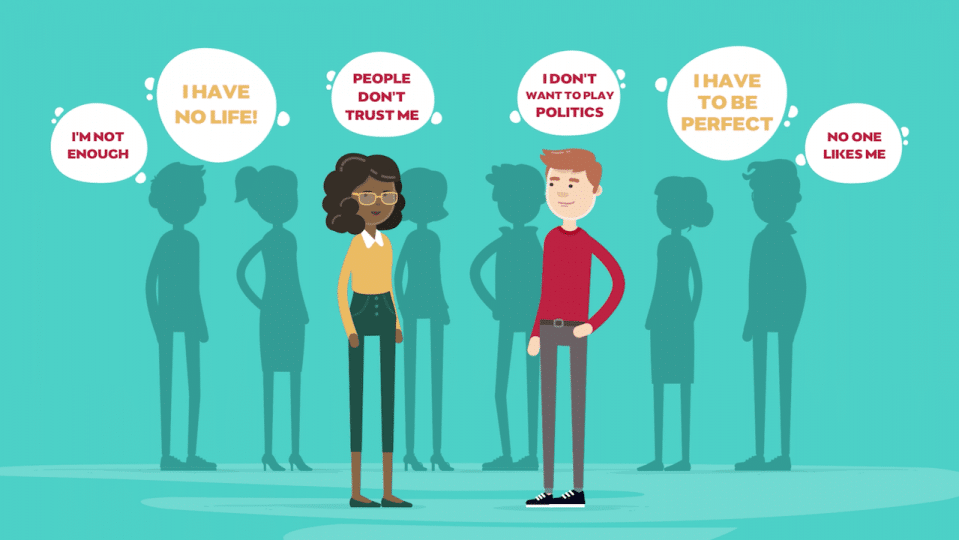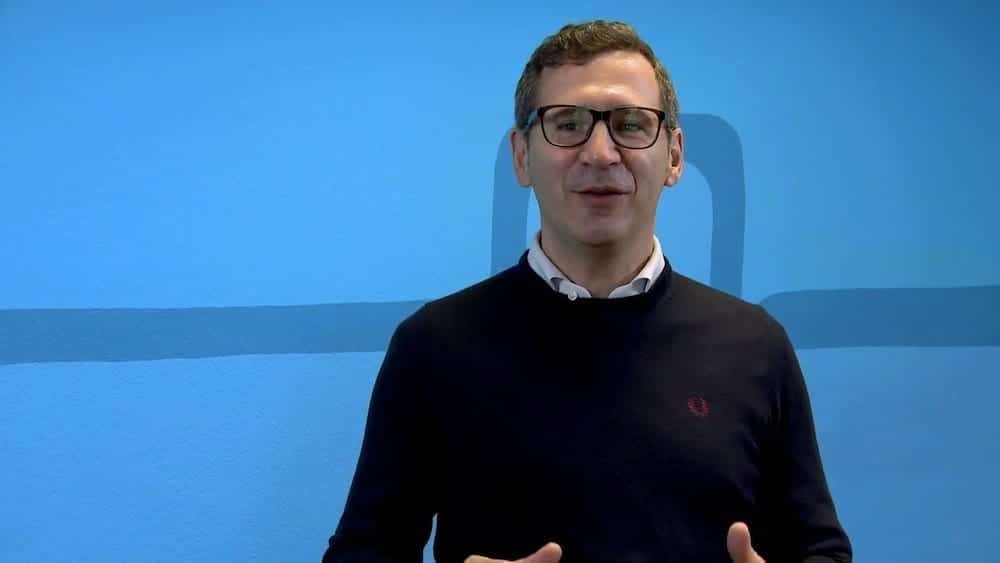Say – in your particular work context – you need to work with people who bring the spirit of collaboration to your project. Good news. Reasons to collaborate are manifold – and you may find Yochai Benkler’s new book “How cooperation triumphs over self-interest” a valuable read to see such causes in action.
But what if one individual does not play nice? Should you still collaborate?
Two interesting facts:
- Few people actually consciously choose their collaboration strategy.
In fact, in a variety of experiments roughly “50% or participants systematically and predictably behave cooperatively… A good number of these participants cooperated unconditionally – even when it came at a personal cost.” [The unselfish gene” by Yochai Benkler, Harvard Business Review August 2011]. - How you are primed makes all the difference.
In another set of experiments, participants were either told to expect collaboration (“community game”) or competition (“Wall Street game”). In the community game, 70% started as collaborators – and continued this strategy regardless of other players’ behavior. In the Wall Street game, the opposite happened. 70% played as competitors and stuck to it. Among the 30% starting as collaborators, 50% switched their strategy to competition.
I would argue that indeed we should choose how and even whether to cooperate – but not only when we expect to be in a competitive environment but any time we are confronted with a lack of cooperative response. Why? Because even if we are predisposed to be cooperative (as Benkler and others with a hopeful view on social behavior point out), we need to build an environment that sustains that predisposition. Leniency may erode such a culture.
Axelrod, in his seminal book “The evolution of cooperation” lists two crucial levers for building a collaborative culture: “Reciprocity” and a “large shadow of the future” – or in more common terms tit-for-tat and bring-the-price-for-defection-to-the-now.
It’s our job as leaders and collaborators to strengthen and maintain organizational and team cultures that reinforce collaboration and discourage – in the language of game theory – “defection”.
Clearly, encouragements to cooperate should not only focus on external pay-offs. As Benkler remarks, “we need people who aren’t focused only on payoffs but do the best they can to learn, adapt, improve, and deliver results for the organization.” But depending on the emotional maturity of your team’s or organization’s culture, you may start with Axelrod’s findings: Running dozens of different game strategies in the prisoners’ dilemma ranging from highly competitive to permissively cooperative, Axelrod found that quickly and consistently responding to provocation along with later forgiveness and clear signalling of future behavioral expectations created the most successful game strategy for playing an inter-dependent game.

